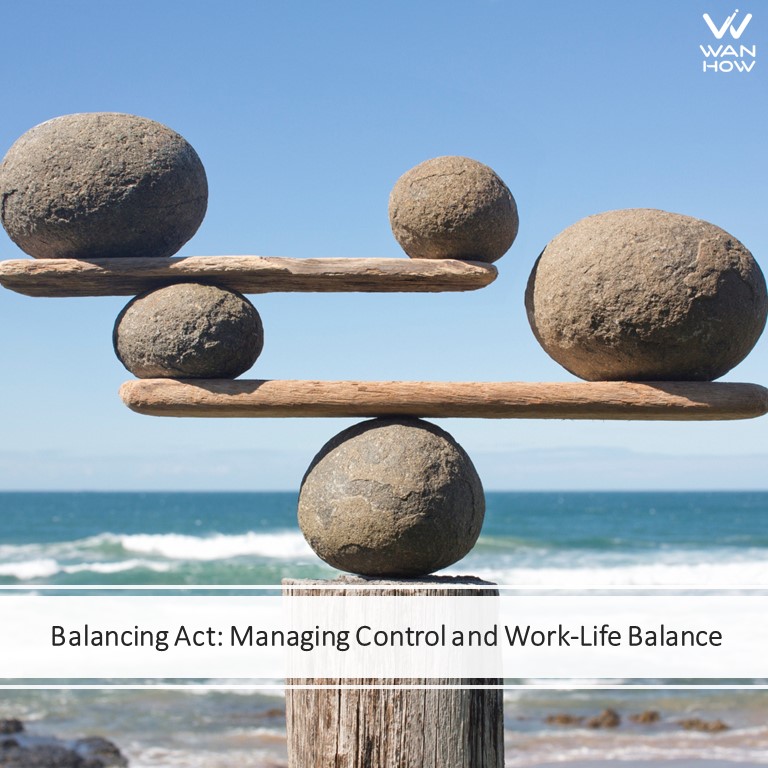
Being a project manager is no easy feat. You’re constantly juggling timelines, resources, and team dynamics to ensure successful project delivery. However, one common challenge that many project managers face is finding the right balance between taking control and maintaining a healthy work-life balance.
It’s not uncommon for project managers to be natural leaders who thrive on taking charge and driving projects forward. However, this tendency to assume control can sometimes lead to difficulties in separating work from personal life, ultimately impacting overall well-being and satisfaction.
So, how can project managers effectively manage control while also maintaining a healthy work-life balance? Here are some strategies to consider:
1. Delegate and Empower: As a project manager, it’s essential to recognize that you don’t have to do everything yourself. Delegate tasks to team members based on their strengths and abilities, and empower them to take ownership of their responsibilities. Trusting your team to deliver allows you to focus on higher-level tasks and prevents burnout.
2. Set Clear Boundaries: Establish clear boundaries between work and personal life. Define specific work hours and stick to them as much as possible. Avoid checking work emails or messages outside of these hours, and encourage your team to respect your personal time. Setting boundaries helps create a healthy separation between work and leisure activities.
3. Practice Effective Time Management: Prioritize tasks based on their importance and urgency. Use tools like project management software or simple to-do lists to organize your workload and track progress. Be realistic about what you can accomplish in a day and avoid overcommitting yourself. Effective time management reduces stress and allows for better work-life balance.
4. Foster a Supportive Work Culture: Cultivate a supportive work environment where team members feel comfortable asking for help and supporting one another. Encourage open communication and collaboration, and be receptive to feedback from your team. A positive work culture promotes well-being and enhances productivity.
5. Take Breaks and Recharge: Remember to take regular breaks throughout the day to recharge and refresh your mind. Whether it’s a short walk outside, a quick meditation session, or simply stepping away from your desk, breaks are essential for maintaining focus and productivity. Additionally, make time for hobbies and activities outside of work that bring you joy and fulfillment.
6. Reflect and Adjust: Regularly reflect on your work habits and assess whether they align with your desired work-life balance. If you find yourself consistently overextending or feeling overwhelmed, it may be time to reassess your approach. Be willing to make adjustments and prioritize your well-being above all else.
Finding the right balance between control and work-life balance is an ongoing journey for project managers. By delegating tasks, setting boundaries, practicing effective time management, fostering a supportive work culture, taking breaks, and reflecting on your habits, you can achieve a healthier balance that allows you to excel both professionally and personally. Remember, it’s not about doing more; it’s about doing what matters most while preserving your well-being.
